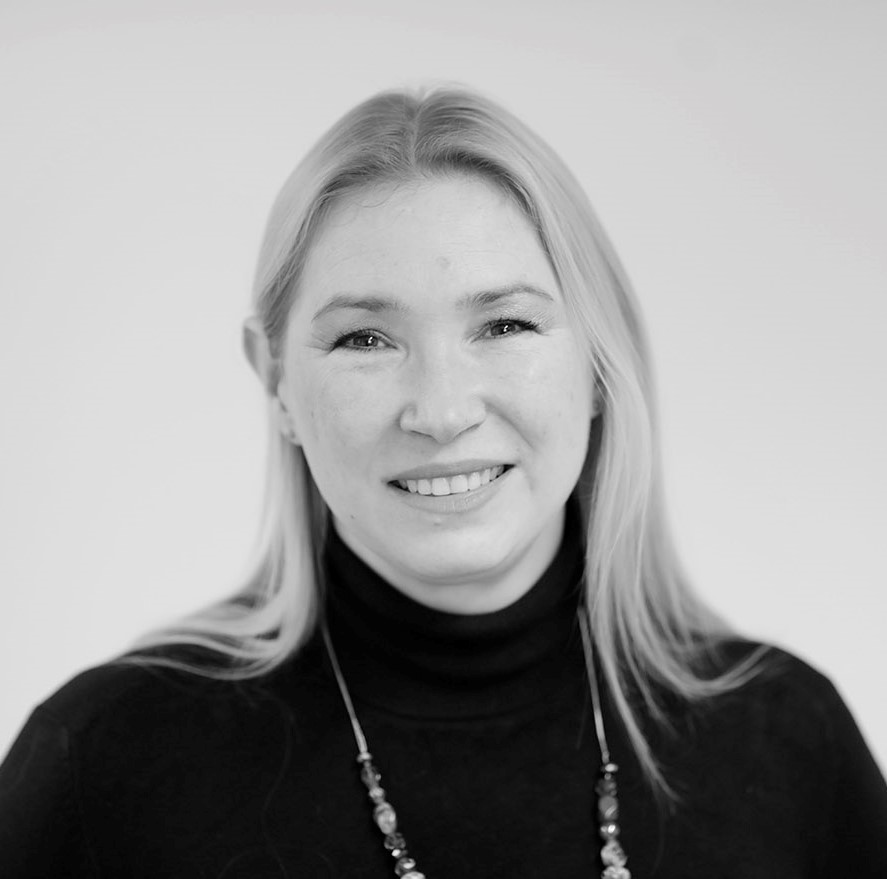
Posted by:
Caron Bradshaw
Article read time:
2 minutes
Biography:
CEO, Charity Finance Group
Caron joined CFG as CEO in 2010 from the ICAEW. She was appointed Chair of Impress, the independent Monitor of the Press, in May 2025. Caron is also a non-executive director of the Lending Standards Board, a trustee of The Wollstonecraft Society, and a Member of Court of Governors at University of Westminster, where she is an alumna. Caron also sits on The British Asian Trust’s Finance and Risk Committee.
In the past, Caron has been a member of the NCVO’s National Assembly and the Charities SORP Committee, has sat on a number of government working parties, was a former member of the Church of England Pension Board’s Audit and Risk Committee, and is the former Chair of the Board of the Directory of Social Change (and her local hockey club!). Caron was honoured with an OBE for 'services to charity' in the New Year's Honours list 2021.
Charity finance policy Accounting and reporting
28 January 2014, 18:34
'Professionalism' is not a dirty word
2014. I can’t quite believe that this is my fourth year working within the sector, but I’ve been sensing that the pressure on us as a ‘sector’ has intensified... Pensions. ...
2014. I can’t quite believe that this is my fourth year working within the sector, but I’ve been sensing that the pressure on us as a ‘sector’ has intensified... Pensions. Pay. Investments. The way we do ‘business’.
When I came to CFG in 2010, the biggest challenge taxing charity FDs was the uncertain economic climate. Now, broadly speaking, I believe that we’ve got to grips with this ‘new norm’. That’s not to say that all is rosy in the garden on the funding front, but rather that much of the contraction in our sources of income, biting so deeply after the last election, has played through. As we approach next year’s election, such an increasingly stable financial footing will be very welcome.
Whilst things are financially looking brighter for many, albeit not for all, as a sector we must draw on our collective resources to respond to new pressures and change the narrative around ‘charities’. Charities have for years produced fantastic outcomes and made a difference to the lives of those in society hardest to reach in new, positive, and creative ways, with incredibly limited resources. Being resourceful is
at our core. This resourcefulness should help us to reclaim the meaning of the word ‘charity’ and to reassert our rightful place as a trusted and vital part of society. At the tail end of last year, I appeared before the Public Administration Select Committee (PASC), and was reminded through the language used by the MPs that, for many, ‘charity’ still conjures images of people shaking collection tins and of entirely voluntarily-run enterprises. I applaud both of these endeavours, by the way, but, as I said in my evidence to the select committee, professionalism has been good for the sector. I shall not apologise for it. For example, when CFG started life twenty six years ago, there was no such thing as the SORP. This year, we will see its fifth incarnation! Transparency, openness, and trust are embedded in every part of it. Partly as a result of the SORP, seeking to understand our impact and constantly questioning what we do and how our achievements can be improved upon are constant parts of our members’ daily lives.
This emphasis on continuous improvement was driven from within the sector, by people like you – professionals seeking out their careers in the service of others. Don’t get me wrong, I am not knocking the private sector through this comment; I did not suddenly acquire values when I transferred into the sector any more than I would lose them if I joined the private sector. The lines between private, public, and charitable are increasingly blurred, and we have to adapt to and embrace this fluidity between the sectors. So, my call to arms for 2014 is to stand up for ‘charity’. Explain it in all its rich forms. Big, small, voluntary, business-like, publicly or privately funded. Our strength is in our diversity. Let’s help others to understand this throughout 2014 and beyond.
This post was last reviewed on 8 August 2018 at 14:57
« Back to all blog posts